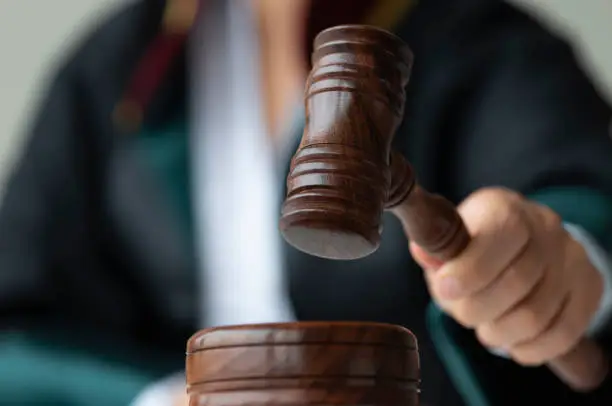The Supreme Court on Friday stated that it will hear arguments on October 9 on petitions challenging the early release of 11 convicts in the Bilkis Bano gangrape case and the killing of 7 members of her family during the 2002 Gujarat riots.
A bench comprising of Justices BV Nagarathna and Ujjal Bhuyan asked the counsel for the petitioners, including Bilkis Bano, to file their short-written rejoinder arguments.
One of the advocates appearing in the matter stated arguments on behalf of the convicts that have been concluded and now the matter has been fixed for further hearing rejoinder submissions by the petitioner’s counsel.
The bench told the lawyer, “We don’t want re-opening of the whole case again at your instance,” adding that it would be better if the petitioners counsel file a short note of their rejoinder arguments. The bench stated, “List on October 9 at 2 pm. In the meanwhile, counsel for the petitioners to file their short-written arguments.”
While hearing the matter on September 20, the apex court asked whether convicts have a fundamental right to seek remission. The bench asked a lawyer appearing for one of the 11 convicts, “Is the right to seek remission a fundamental right? Will a petition lie under Article 32 (that deals with citizens’ right to move apex court directly if their fundamental rights are infringed) of the Constitution.”
The lawyer acknowledged seeking remission was indeed not a fundamental right of the convicts. The victim and others also don’t have the right to move the apex court directly by filing a petition under Article 32 as no fundamental right of theirs has been infringed either, he had argued, adding the victims have other statutory rights to challenge the grant of remission.
While hearing the arguments on August 17, the top court stated that the state governments should not be selective in granting remission to convicts and the opportunity to reform and reintegrate with society should extend to every prisoner.























